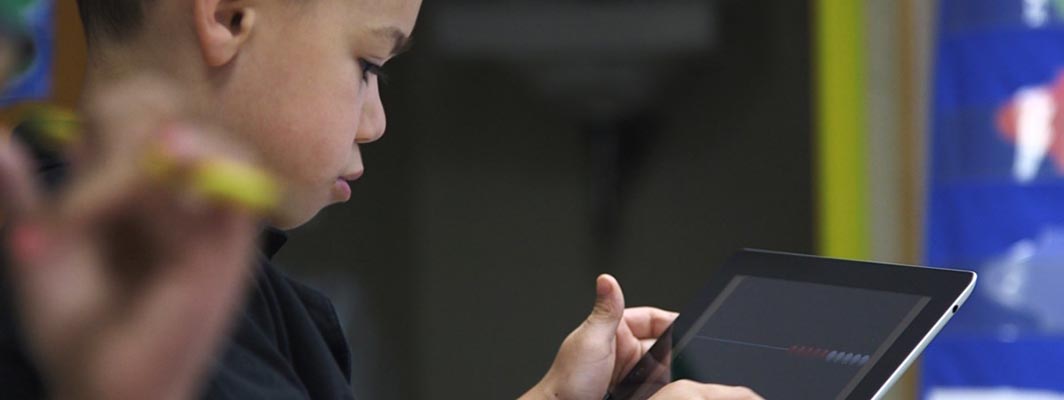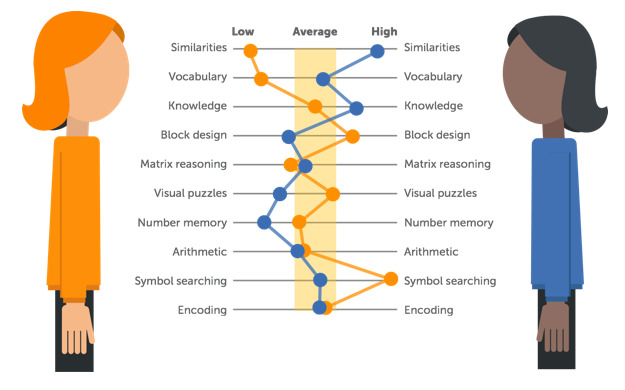
January 14, 2019 | By Josh Weisgrau, Stefani Pautz Stephenson and Elyse Gainor
Powerful learning must be personal and accessible because every learner is different, and the ways in which we learn are complex and variable. Learners must have agency to chart their own course, take ownership of their learning, and feel safe and supported in doing so. Educators need to support learners in this journey through their pedagogy, use of tools and technology, and design of the learning environment.

Powerful learning practices are attuned to learner variability and ensure that learning is accessible to all. Today’s schools include a diverse student population who bring varied experiences, different cultures, and unique abilities to the classroom. Learning sciences research shows that these differences matter for learning. Educators can ensure that learning experiences are accessible by providing supports and structures that are tailored to students’ individual needs and abilities. Educators designing learning experiences for their students can use tools and techniques that connect research on learner variability into practice like those developed to support Universal Design for Learning.
Students’ physical well-being, including nutrition, sleep, and exercise, can impact their ability to learn, and these needs must be met both at home and at school. Additionally, research shows that people learn best when they feel safe and connected. When students feel like they are part of a positive, supportive learning community, this experience of belonging can reduce anxiety allowing them to focus on learning. This fact is especially important for black and brown students who educators punish at disproportionately higher rates than their white peers, and are perceived by white educators as threats as early as preschool. Educators must ensure they create a safe environment for all their students to be able to learn.
Educators should account for many factors in creating safe learning spaces, such as combating stereotype threat, reducing anxiety, building a culture of trust, and others. Educators need to take care of their own physical and emotional well-being, too, or their ability to best serve their students will suffer.
See and experience a first-person perspective of the difference between a learning environment that cultivates emotional safety and one that doesn’t in “Failure to Communicate,” a 360° video experience.
When students have a sense of control over their own learning, research shows that they may feel more connected to the material or project at hand, and are more likely to persist longer at academic tasks and to process information more deeply. Empowered learners can leverage the techniques that help them learn best and the skills and content they are most comfortable with to persist in learning. Educators can design learning experiences that emphasize student voice and choice to amplify intrinsic motivation through autonomy, relatedness, and competence. Engaging student creativity is another practice that builds student agency and ownership of learning, as these students from Utica, Michigan, told us in their 360° video “The Tour.”
There are many ways to make learning more personal and accessible, and every educator will have places for growth and improvement in this area. If this all seems a little overwhelming, there is a simple and effective way to get started: practice saying yes to your students. This is especially important for students of color; When we make “Yes” the default answer, we teach our students that their voice matters, their needs matter, and their ideas matter. As retired superintendent Dr. Pam Moran describes in her TEDx Talk, by “getting to yes” with students, they know that when they want to tackle a project and learn something new, they are empowered to “just get to it and see what happens.”
Ready for more? Use these resources to support your design of personal and accessible learning experiences:
Receive recognition for your efforts
If you are an educator creating powerful learning experiences for your students that are personal and accessible, consider earning some of these educator micro-credentials to be recognized for and share your accomplishments:
Citations
Blog last updated in September 2020.
By Elliott Barnes and Sara Mungall